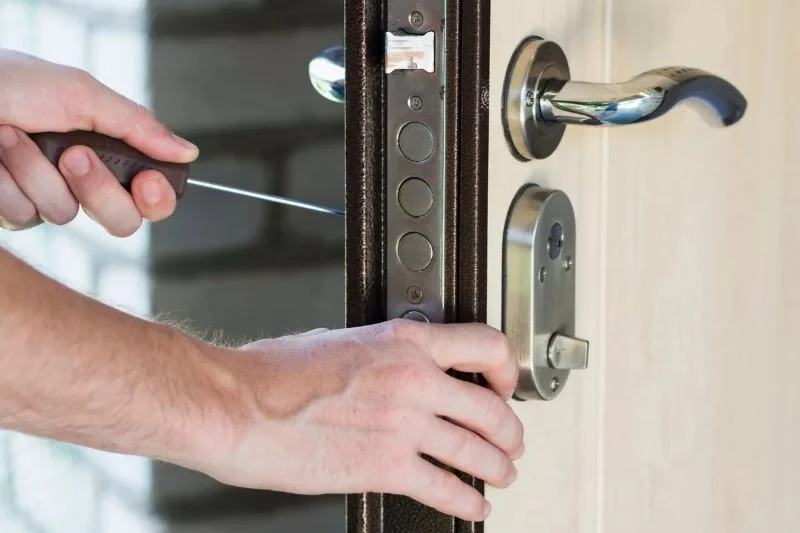
- 1. Why Lock Maintenance Matters for Homeowners
- 2. Signs Your Lock Needs Maintenance
- 3. How to Properly Maintain Your Locks
- 4. Benefits of Regular Lock Maintenance
- 5. When to Call a Professional Locksmith
1. Why Lock Maintenance Matters for Homeowners
Locks play a critical role in safeguarding your home and belongings. Over time, wear and tear can affect the functionality of locks, compromising their ability to secure your property. Regular maintenance ensures that locks are in top working condition, minimizing the risk of break-ins and improving overall security.
For homeowners, maintaining locks is as essential as ensuring that the roof is intact or the plumbing system is working properly. Neglecting lock maintenance can lead to unexpected failures, often at the most inconvenient times. Understanding the importance of this routine maintenance is the first step toward enhancing home security.
2. Signs Your Lock Needs Maintenance
Recognizing when a lock needs attention is crucial to prevent potential security issues. Here are some common signs that your lock may require maintenance:
2.1 Difficulty Turning the Key
If you find that the key is hard to turn or feels stiff when inserting it into the lock, it could be a sign that the internal mechanisms are wearing down. This may be due to dust or grime inside the lock or the key mechanism needing lubrication.
2.2 Loose or Wobbly Lock
A lock that is loose or wobbly, especially when you try to turn the key, can indicate that the screws or components inside the lock are loose or damaged. This can affect its ability to secure the door properly.
2.3 Lock Jams or Gets Stuck
If your lock is frequently jamming or getting stuck, it could be a sign of internal damage or obstruction. Dirt, debris, or worn-out parts can cause the mechanism to malfunction, leaving your home vulnerable.
2.4 Unusual Noises
Strange sounds, such as grinding or clicking, while turning the key or operating the lock, often suggest that the lock mechanism is not functioning as smoothly as it should. This can be caused by misalignment or a lack of lubrication.
3. How to Properly Maintain Your Locks
Proper maintenance can extend the lifespan of your locks and ensure that they continue to function correctly. Here are the steps to maintain your locks:
3.1 Clean the Lock Regularly
Regular cleaning of the lock prevents dust, dirt, and other debris from accumulating inside the mechanism. Use a clean, dry cloth to wipe down the lock. You can also use a can of compressed air to blow out any dust or dirt from the keyhole.
3.2 Lubricate the Lock Mechanism
Lubricating the lock mechanism is essential to ensure that the key turns smoothly and the internal parts are not rubbing against each other. Use a graphite-based lubricant or a silicone-based spray specifically designed for locks. Avoid using oil-based lubricants as they can attract dirt and grime.
3.3 Check and Tighten Screws
Over time, the screws holding the lock in place can become loose. Regularly check the screws to ensure the lock is securely attached to the door frame. Tightening these screws can help prevent the lock from becoming wobbly or misaligned.
3.4 Test the Lock’s Functionality
Regularly test the lock to ensure it is working correctly. Insert the key and turn it a few times to make sure it operates smoothly. If the lock is a deadbolt, ensure that it fully extends and retracts without resistance.
4. Benefits of Regular Lock Maintenance
Maintaining your locks regularly provides a range of benefits that contribute to the security and longevity of your home’s locking systems:
4.1 Enhanced Home Security
When your locks are functioning optimally, your home is better protected from unauthorized entry. A well-maintained lock is much less likely to fail during an attempted break-in, ensuring that your home remains secure.
4.2 Increased Longevity of Locks
Regular maintenance can extend the lifespan of your locks, saving you money on expensive replacements. By addressing minor issues early on, you prevent them from developing into more significant and costly problems.
4.3 Peace of Mind
Knowing that your locks are regularly maintained gives you peace of mind. It’s one less thing to worry about when it comes to the safety of your family and property. Regular maintenance can prevent lock failures at inopportune moments, such as when you’re trying to secure your home at night or when you’re leaving for a vacation.
5. When to Call a Professional Locksmith
While regular maintenance can be handled by homeowners, there are times when professional help is necessary. If you encounter persistent issues with your locks, such as repeated jamming, failure to secure, or difficulty with the key, it may be time to call in a professional locksmith.
A locksmith can perform more in-depth repairs, replace worn-out parts, or install a new lock system if needed. They also have the expertise to ensure that your locks meet the highest security standards. If you’re looking for professional locksmith services, visit Locksmith Finder for trusted professionals in your area.



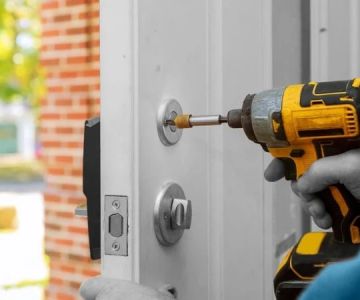
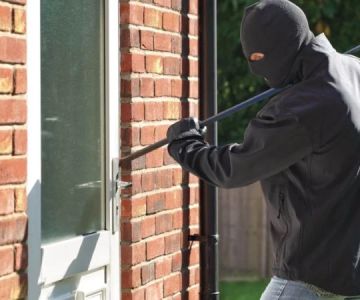
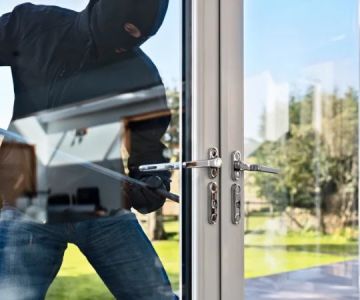

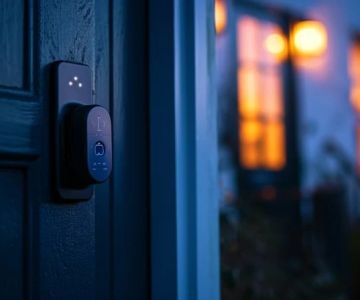
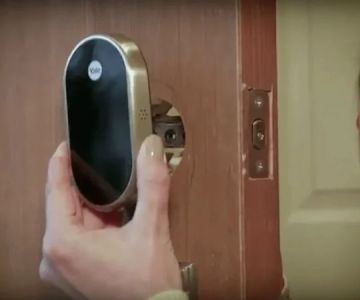
 KeyMe Locksmiths3.0 (3 reviews)
KeyMe Locksmiths3.0 (3 reviews) Minute Key4.0 (11 reviews)
Minute Key4.0 (11 reviews) KeyMe Locksmiths2.0 (3 reviews)
KeyMe Locksmiths2.0 (3 reviews) Lock Keypers Locksmith Services5.0 (15 reviews)
Lock Keypers Locksmith Services5.0 (15 reviews) KeyMe Locksmiths4.0 (49 reviews)
KeyMe Locksmiths4.0 (49 reviews) KeyMe Locksmiths0.0 (0 reviews)
KeyMe Locksmiths0.0 (0 reviews) How to Secure Sliding Glass Doors With Smart Locks and Deadbolts
How to Secure Sliding Glass Doors With Smart Locks and Deadbolts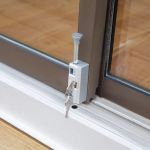 How to Secure Sliding Doors, Windows, and Garages with Professional Locks
How to Secure Sliding Doors, Windows, and Garages with Professional Locks How to Protect Your Home from Common Burglary Techniques
How to Protect Your Home from Common Burglary Techniques How to Protect Your Home From Unauthorized Entry During Parties - Safety Tips
How to Protect Your Home From Unauthorized Entry During Parties - Safety Tips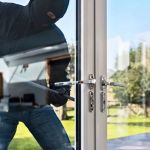 How to Secure Your Patio and Deck Doors Against Forced Entry
How to Secure Your Patio and Deck Doors Against Forced Entry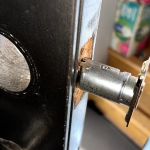 Importance of Installing a Smart Lock on Your Garage Door
Importance of Installing a Smart Lock on Your Garage Door